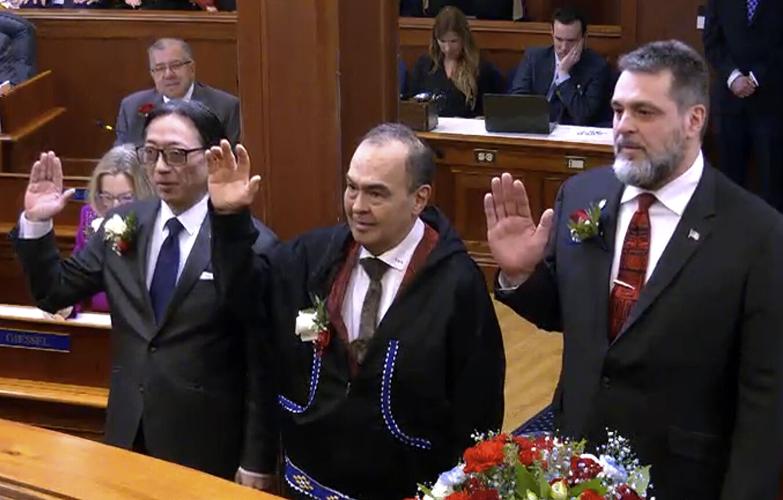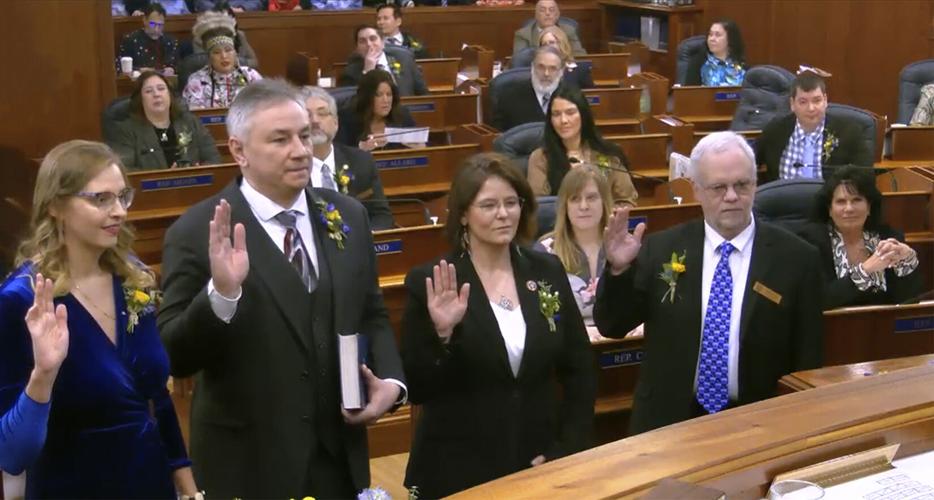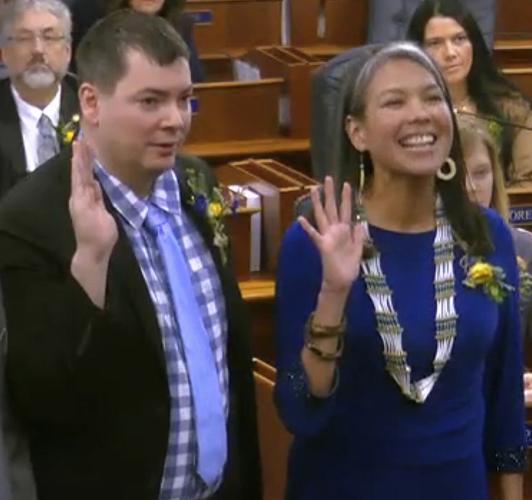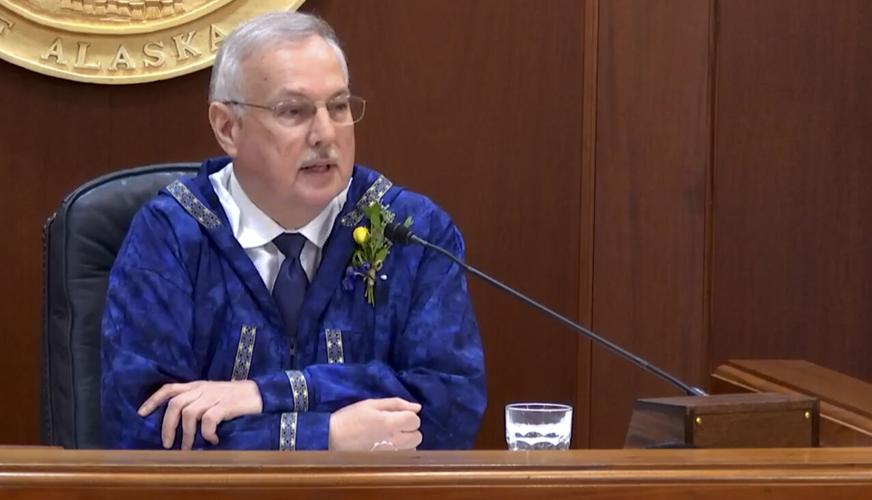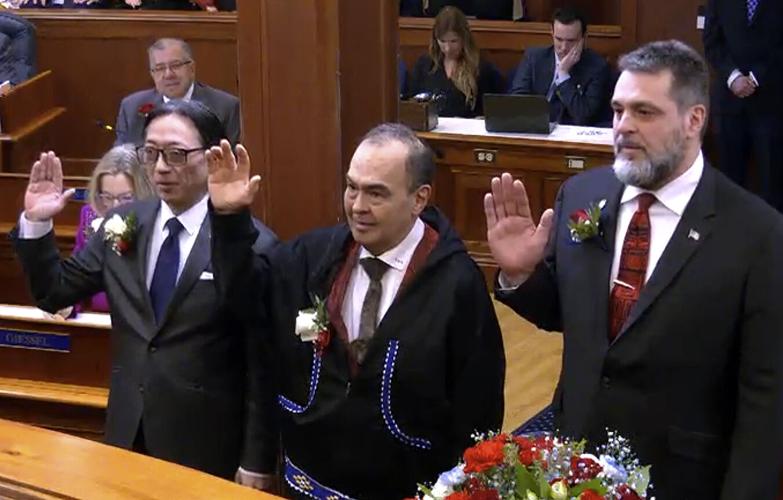A bill proposing a permanent increase to public education funding in Alaska is expected in the next week as state lawmakers gaveled in Tuesday for the 2025 legislative session.
At a press conference on Tuesday, members of the Alaska Senate majority said they will seek a permanent increase to the state’s Base Student Allocation (BSA) — the money each public school district is allocated from the state budget.
“It’s absolutely going to be a BSA increase,” said Sen. Bill Wielecowski (D-Anchorage). “The one-time funding is very difficult for the schools. They don’t typically find that funding out until May or June. By that time their budgets are already developed. By increasing the BSA you give school districts predictability.”
The senators did not say how much of an increase they plan to propose. The last time the BSA saw a significant increase was in 2017.
The Fairbanks North Star Borough School District is advocating for a BSA that on par with inflation to meet student needs as the district contemplates closing up to five elementary schools in light of its anticipated $16 million deficit for next year.
“There definitely needs to be an increase to the BSA,” said Melissa Burnett, Fairbanks school board president. “I was very encouraged by the discussion around that.”
Higher BSA doesn’t mean Fairbanks schools will stay open
Fairbanks district administrators recommended Hunter, Salcha, Pearl Creek, Two Rivers and Midnight Sun schools for closure on Jan. 6.
The district said the closures would save about $7 million, but the decision isn’t purely budgetary considering two decades of declining enrollment in the Interior.
FNSBSD Superintendent Luke Meinert and Burnett said a BSA increase would not save the schools from closure.
“Yes, the consolidation does help us with the budget piece, but the school consolidation conversation is not budgetary,” Burnett told the News-Miner on Tuesday. “The conversation is enrollment. We are seeing a decline of students in Fairbanks. We have schools with empty space in classrooms. [Consolidation] is matching our schools to our enrollment.”
The school board is expected to hold a vote on closing schools on Feb. 4.
Keeping education funding separate from education policy
In 2023 and 2024, Alaska Gov. Mike Dunleavy vetoed or cut education funding, citing his concerns on teacher retention and the need for more charter school support.
But Wielecowski said education policy should be kept separate from the funding discussion.
“I know there are a number of policy bills that people want,” he said. “But I think, with the lack of funding, it’s really critical that we address that first.”
In a separate press conference with the six-member, Republican-led Senate minority on Tuesday afternoon, Sen. Robert Myers (R-North Pole) — whose district encompasses four of the schools being considered for closure — disagreed with Wielecowski’s characterization.
“It’s easy to kick the can down the road and say we’re just going to shove more money at the problem and that’s going to take care of it,” Myers said. “More money is probably going to be part of the package here. But that can’t be the only thing that we are talking about.”
Contact Carter DeJong at 907-459-7545 or cdejong@newsminer.com.

